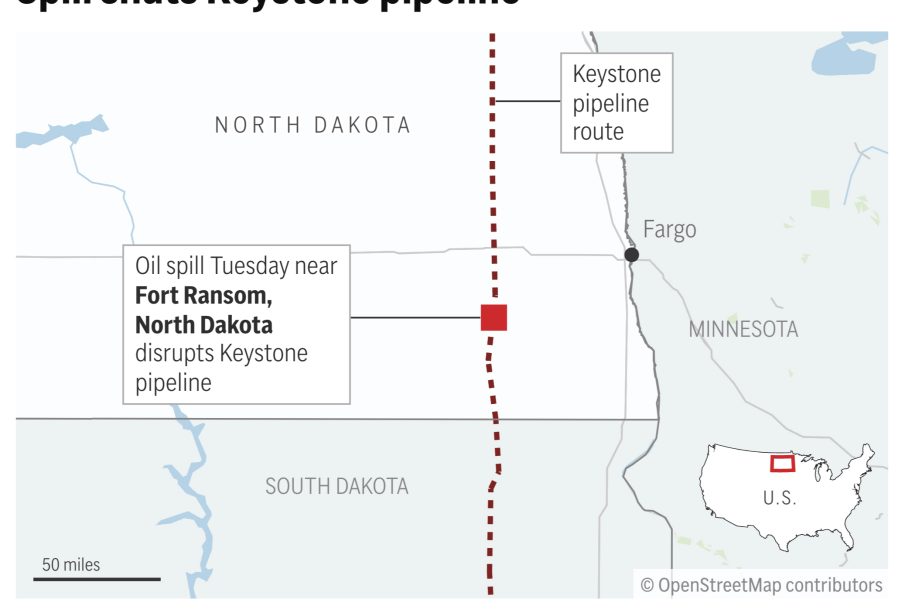Latest Developments on the Keystone Oil Pipeline

Introduction
The Keystone Oil Pipeline, an extensive system transporting crude oil from Canada to various refineries in the United States, remains a significant focus in discussions surrounding energy security, environmental concerns, and economic impacts. The pipeline system, primarily owned by TC Energy, has sparked ongoing debates over its environmental toll versus economic benefits, making it a critical topic in both Canadian and American energy discussions.
Current Events Surrounding Keystone
As of October 2023, the Keystone Pipeline is facing renewed scrutiny amid environmental challenges and geopolitical shifts. Recent reports indicate that the U.S. administration is reassessing its energy policies, particularly in light of increased global tensions and the pressing need to shift towards sustainable energy sources.
In July 2023, there was a notable leak in the pipeline system in Kansas, prompting federal investigations and reinforcing the arguments of environmental activists who oppose the pipeline’s operation. The Nebraska Department of Environment and Energy announced stricter compliance measures intended to prevent similar incidents in the future, reflecting a larger movement toward holding corporations accountable for environmental stewardship.
The Economic Impact of the Keystone Pipeline
Economically, the Keystone Pipeline has been hailed by proponents as a vital lifeline for North American energy independence. It plays a pivotal role in transporting Canadian crude oil—essential for U.S. refineries, particularly in the Midwest and Gulf Coast. Estimates indicate that the pipeline supports thousands of jobs and contributes significantly to both Canadian and U.S. economies through oil production and transportation revenues. However, the recent environmental concerns could lead to future operational restrictions, potentially affecting these economic benefits.
Conclusion
The Keystone Oil Pipeline stands at a crossroads, caught between the necessity of energy security and the critical demands for environmental protection. As discussions around oil dependency evolve in Canada and the U.S., the future of the Keystone Pipeline remains uncertain. With ongoing federal scrutiny and potential regulatory changes, stakeholders are urged to consider the broader implications of this infrastructure project. These conversations will likely shape the energy landscape for years to come, influencing policy decisions, environmental regulations, and the economic futures of numerous communities along the pipeline route.





